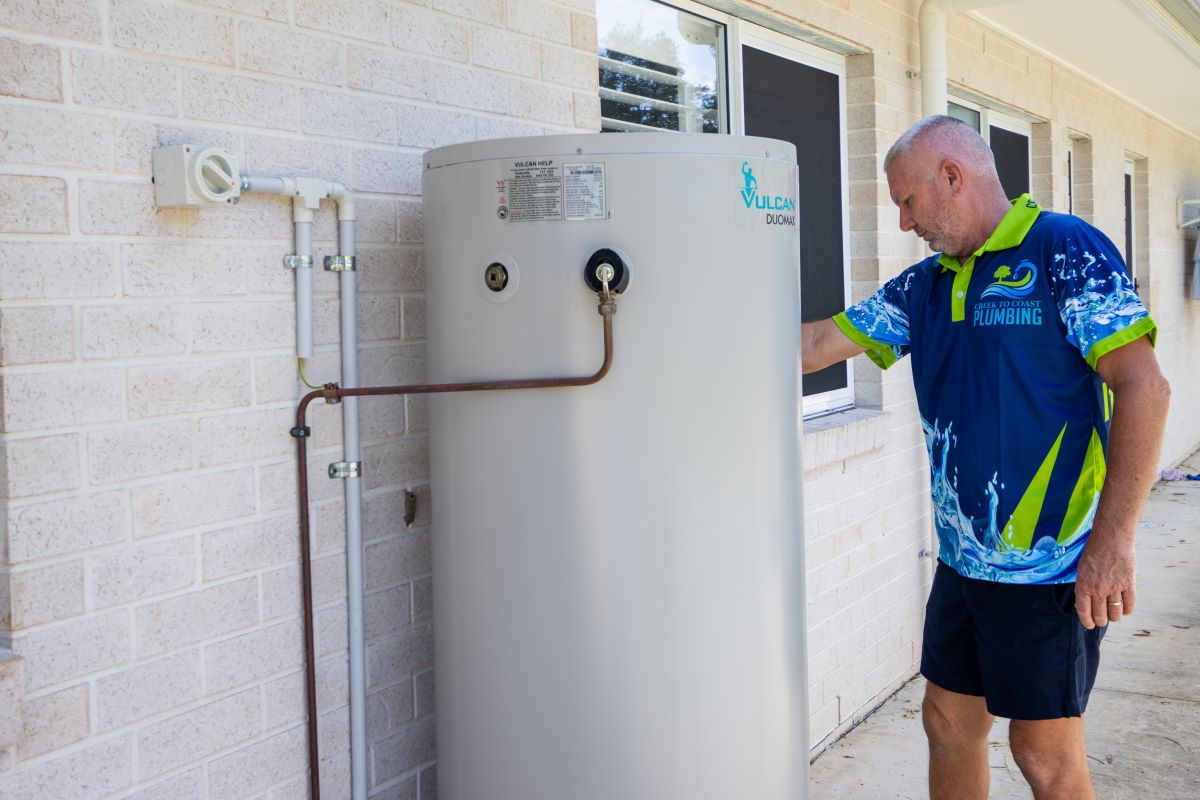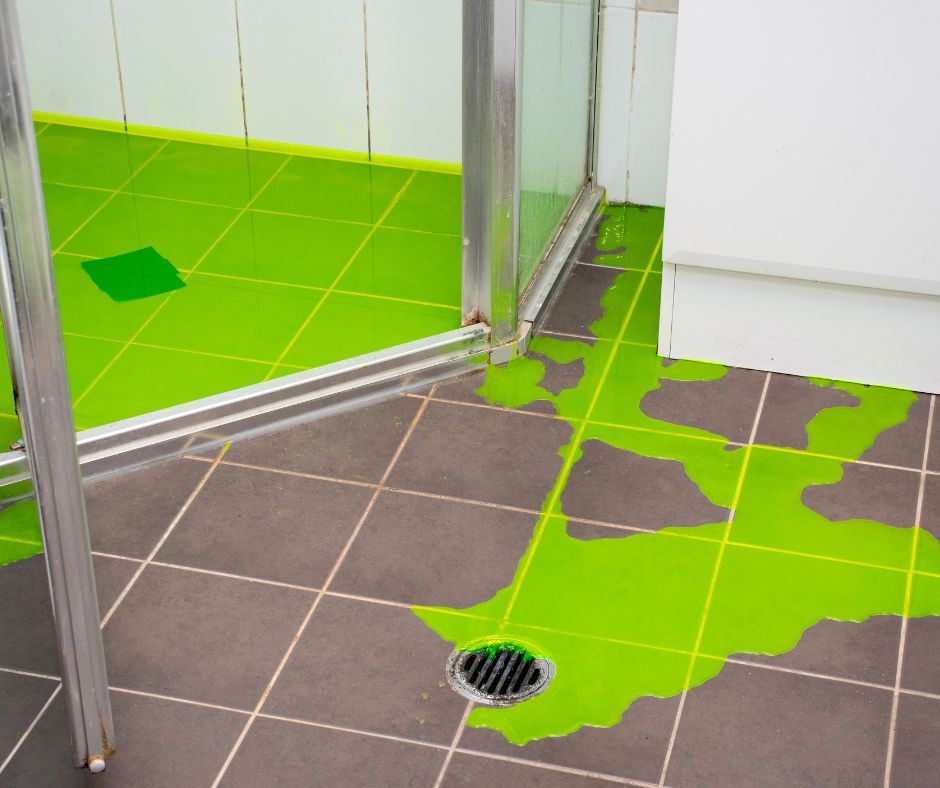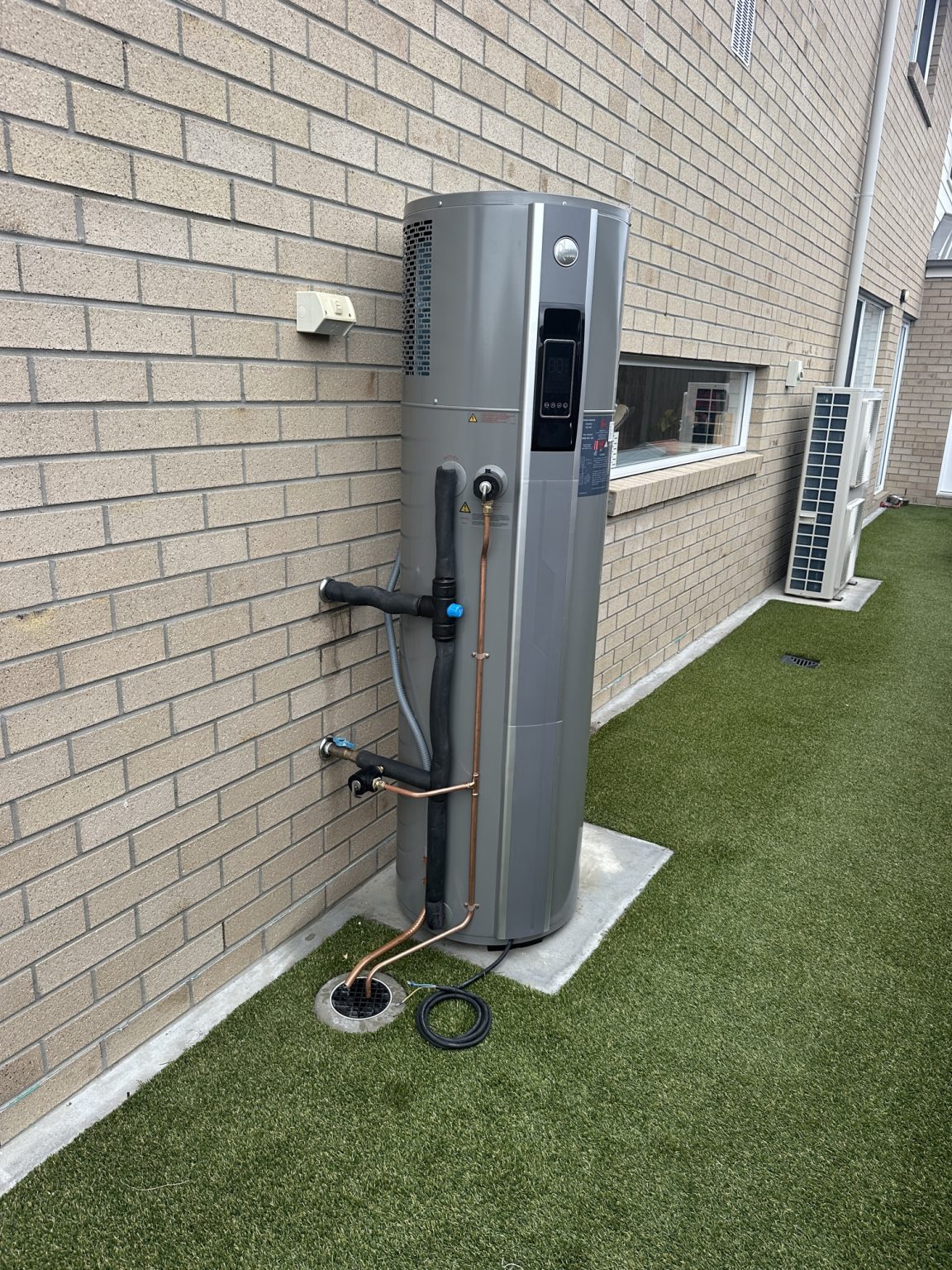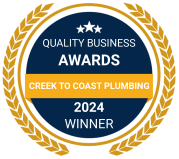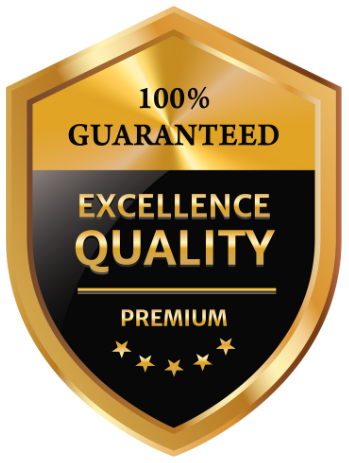
Upgrading your hot water system can feel daunting with so many options. From energy types to long-term costs, it’s hard to know what’s best.
This guide from Creek to Coast Plumbing breaks down the most common hot water systems used in Brisbane and Moreton Bay. We’ll help you understand your options, compare energy types, and choose the right system for your household.
For actual installation costs, see our full breakdown here:
➡️ Hot Water System Replacement Cost in QLD (2025 Guide)

Hot Water Storage Systems
These systems store heated water in a tank, ready when needed. They can heat water during off-peak times, and come in electric, gas, heat pump, or solar-powered models.
Electric Storage
Used by ~50% of Aussie homes.
✔ Cheap to buy, install
✖ Higher running costs
Can integrate with solar panels to heat water during the day and save on energy.
See costs → Hot Water Cost Guide
Gas Storage
✔ Faster recovery
✔ Lower operating cost than electric
Ideal for homes already connected to gas.
Note: We’re also licensed gas fitters.
Heat Pump Storage
✔ Uses 30% of energy of electric systems
✔ Government rebates apply
Ideal for warmer QLD climates.
Few plumbers install these — we do, and we love them.
Solar Storage
✔ Sustainable & long-term savings
✔ Stores sun-powered heat like a battery
Reminder: All solar systems require an electric or gas booster to meet demand on cloudy days.
Instantaneous / Continuous Flow Systems
These systems heat water on demand.
✔ Never run out of hot water
✖ May take a moment to warm up
Electric Instantaneous
✔ Compact, no tank
✖ Higher running costs during peak hours
Popular in kitchen renovations.
Gas Instantaneous
✔ No standby energy loss
✔ Lower running cost
Placement rules have changed — don’t assume a simple swap is allowed.
Ensure your gas fitter is up to date.

Which Hot Water System is Right for You?
| Type | Energy Source | Cost (Installed) | Running Cost | Ideal For |
|---|---|---|---|---|
| Electric Storage | Electricity | $1,400–$2,200 | High | Small homes or solar-assisted |
| Gas Storage | Natural Gas | $1,600–$2,500 | Moderate | Gas-connected homes |
| Heat Pump | Electricity | $2,500–$4,000 | Low | Energy-saving households |
| Solar | Solar + Booster | $3,000–$4,500 | Very Low | Eco-focused families |
| Instant Electric | Electricity | $1,300–$2,000 | Variable | Units or kitchens |
| Instant Gas | Natural Gas | $1,800–$2,800 | Low | Continuous household use |
Usage Tip:
More than half of hot water is used in the bathroom, followed by laundry, then kitchen.
Still Unsure What to Choose?
If your household size has changed, or you’re suddenly running out of hot water, you may need a system upgrade. Don’t guess — ask us.
➡️ Get expert help choosing your hot water system
We’ll assess your home, energy setup, and future usage to recommend the best system — not just the cheapest.
More Hot Water Resources:
Contact Creek to Coast Plumbing
Hot Water Replacement Cost QLD (2025)
Plumber Caboolture
Resources you might find useful:
- Energy Basics by Department of the Environment and Energy
- Hot Water Systems by Department of the Environment and Energy
- Your Home by Australian Government
- Electric Water Heaters by Energy Rating
Feel free to reach out for a discussion about your hot water needs. Our experts are here to ensure you get the best advice and service.
Frequently Asked Questions
What types of hot water systems can you choose for your home?
There are several types of hot water systems to consider. These include:
- Electric Storage Systems: These store and heat water using electricity.
- Electric Instantaneous Systems: Heat water on demand without storing it.
- Gas Storage Systems: Use natural gas or LPG to heat and store water.
- Gas Instantaneous Systems: Provide hot water on demand using gas.
- Solar Hot Water Systems: Utilize solar panels to heat water.
- Heat Pump Water Heaters: Extract heat from the air to warm the water.
How do solar hot water heaters work and what are their advantages?
Operation:
- Use solar panels to capture sunlight.
- Water or a heat-conducting fluid passes through these panels.
- The heated fluid transfers warmth to the water in a storage tank.
Benefits:
- Eco-Friendly: Reduces greenhouse gas emissions.
- Energy Savings: Lower energy bills due to solar power usage.
- Government Incentives: Often eligible for rebates and incentives.
How do heat pump hot water systems function?
Heat pump systems work like a refrigerator but in reverse. They:
- Extract Heat: Collect warmth from the air.
- Transfer Heat: Use a refrigerant to transfer this heat to the water.
- Efficiency: Use less electricity compared to traditional electric systems.
What are the benefits of instant hot water systems compared to storage units?
Instant hot water systems offer several advantages:
- On-Demand Heating: Heats water only when needed, reducing energy wastage.
- Space-Saving: No need for large storage tanks.
- Continuous Supply: Provides a steady supply of hot water for long durations.
Which hot water system is the most energy-efficient in Australia?
Solar hot water systems are generally considered the most energy-efficient. They:
- Utilise Renewable Energy: Depend primarily on solar power.
- Lower Running Costs: Significant savings on electricity or gas bills.
- Environmentally Friendly: Reduce reliance on non-renewable resources.
Are there government incentives for installing eco-friendly hot water systems?
Yes, there are various incentives available at times:
- Rebates: Financial support for installing solar or heat pump systems.
- Tax Credits: Benefits may be available at both state and national levels.
- Renewable Energy Certificates: You can earn and trade certificates as part of government programs.
Our Services
Get A Free Quote
Contact us today for a free, no-obligation quote on your plumbing needs.

